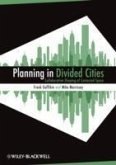
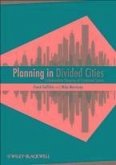
Broschiertes Buch
Worlds Apart in a Connected World
16. Juni 2023
Routledge / Taylor & Francis
| Gebundenes Buch | 199,99 € | |
| eBook, ePUB | 42,95 € | |
| eBook, PDF | 42,95 € |
Ähnliche Artikel
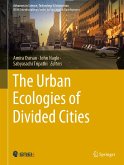
eBook, PDF
12. Juni 2023
Springer International Publishing
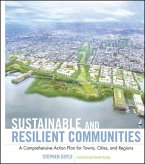


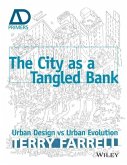
28,99 €
inkl. MwSt. und vom Verlag festgesetzt.
Sofort per Download lieferbar
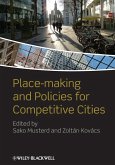
eBook, PDF
25. Februar 2013
John Wiley & Sons

eBook, PDF
21. März 2014
The American University in Cairo Press
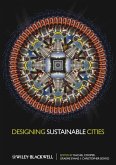
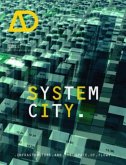
27,99 €
inkl. MwSt. und vom Verlag festgesetzt.
Sofort per Download lieferbar
Ähnlichkeitssuche: Fact®Finder von OMIKRON
